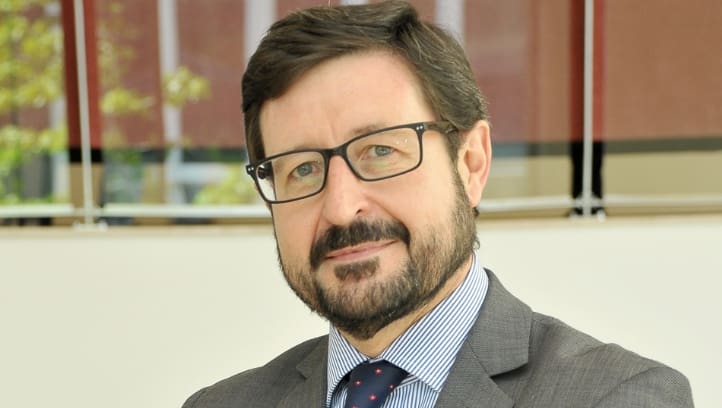Technical program chair Miguel Angel Sanz introduces his highlights from the line up at IDA World Congress 2017
Which of the IDA World Congress 2017 conference sessions are designed to support growth of desalination and water reuse in Latin America?
One aspect of the International Desalination Association (IDA) mission is to promote sustainable solutions for desalination and water reuse worldwide, especially in countries where there is a need and markets are under-developed. That’s the main reason we are bringing IDA World Congress 2017 to Latin America for the first time. Latin America is a region with more the 650 million people, and a growing demand for desalination and water reuse to develop industrial activity and urban expansion.
Regional Experiences and Case Studies: Latin America (session 12.1, Wednesday 18 October) is devoted to the regional market, and we have several sessions on areas of demand in Latin America, including water reuse in industry and agriculture, and desalination and reuse in mining, and oil and gas. In Water Policy, Development, Governance, Finance and Market Challenges (session 1.1, Tuesday 17 October) we cover the important topic of regulation in the largest countries of Latin America.
What are the foremost technical challenges in desalination that will be covered by the IDA World Congress 2017 program?
It’s tough to select the main technical challenges, but I would like to underline three that I consider important for the future of our industry:
The first is the dichotomy between getting, at the same time, solutions at low cost for small desalination plants in remote areas, and building mega desalination plants of more than 500,000 m3/d with the same technology — reverse osmosis.
The second concerns the future: Is graphene or another material the next breakthrough we are expecting for the next generation of membranes?
And the third is the best way to couple new generation of desalination and renewable energy.
What are the foremost challenges in water reuse that will be covered at Congress?
Today water reuse is widely used, and the actual technology with multiple membrane barriers is not considered as a challenge, as a huge number of plants demonstrate every day. The challenges are not technical today. The key issues that are coming up are the capacity for regulation by the authorities in countries, and the social acceptance by the authorities and the population. Both constitute the main challenges for the coming years, and will influence the growth of wastewater reuse in the municipal field.
What are the big themes in project finance, development, and governance that are up for discussion?
In this decade with very low bank rates, the availability of money for investment in desalination or water reuse projects is not a problem. The main problem is project bankability, and affordable water tariffs in several world regions. That’s the critical point and the reason why we have included, in addition to session 1.1 noted above, several panels to discuss how the private sector, and the international financial institutions, can help the progress of project finance in our industry. The World Bank, the Interamerican Development Bank, and the Asian Development Bank are playing an active role in IDA World Congress 2017.
Other important themes include centralised versus decentralised plants, and the regulatory framework. Both aspects are critical in Latin America. We will discover deeper analysis especially on Tuesday, when three panels will be covering these topics with a Brazilian perspective.
What are the key topics to look out for from the digital poster exhibition?
The digital posters are very well attended in all IDA World Congress events. That’s why we will place the screen close to the exhibition area where delegates can spend coffee breaks consulting the poster presentations. The posters reflect the content of the 23 technical sessions. If I have to select my favourites, they are: membranes and applications in brackish water desalination; all industrial applications in desalination and water reuse (for example mining, zero liquid discharge, oil and gas); and emerging and advanced technologies. In these subjects, attendees will find that the poster presentations are as good and as interesting as the oral sessions.
